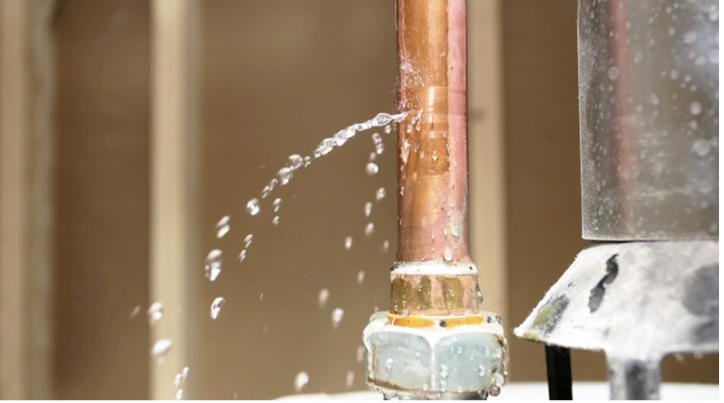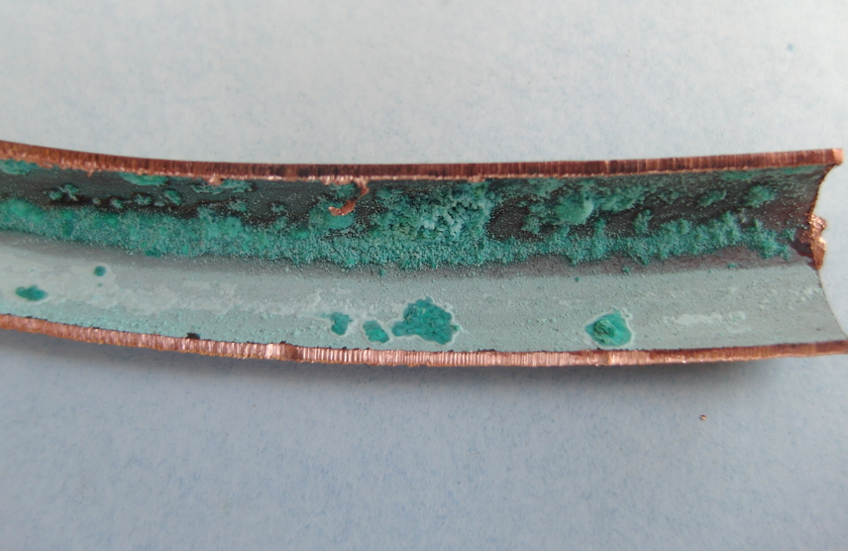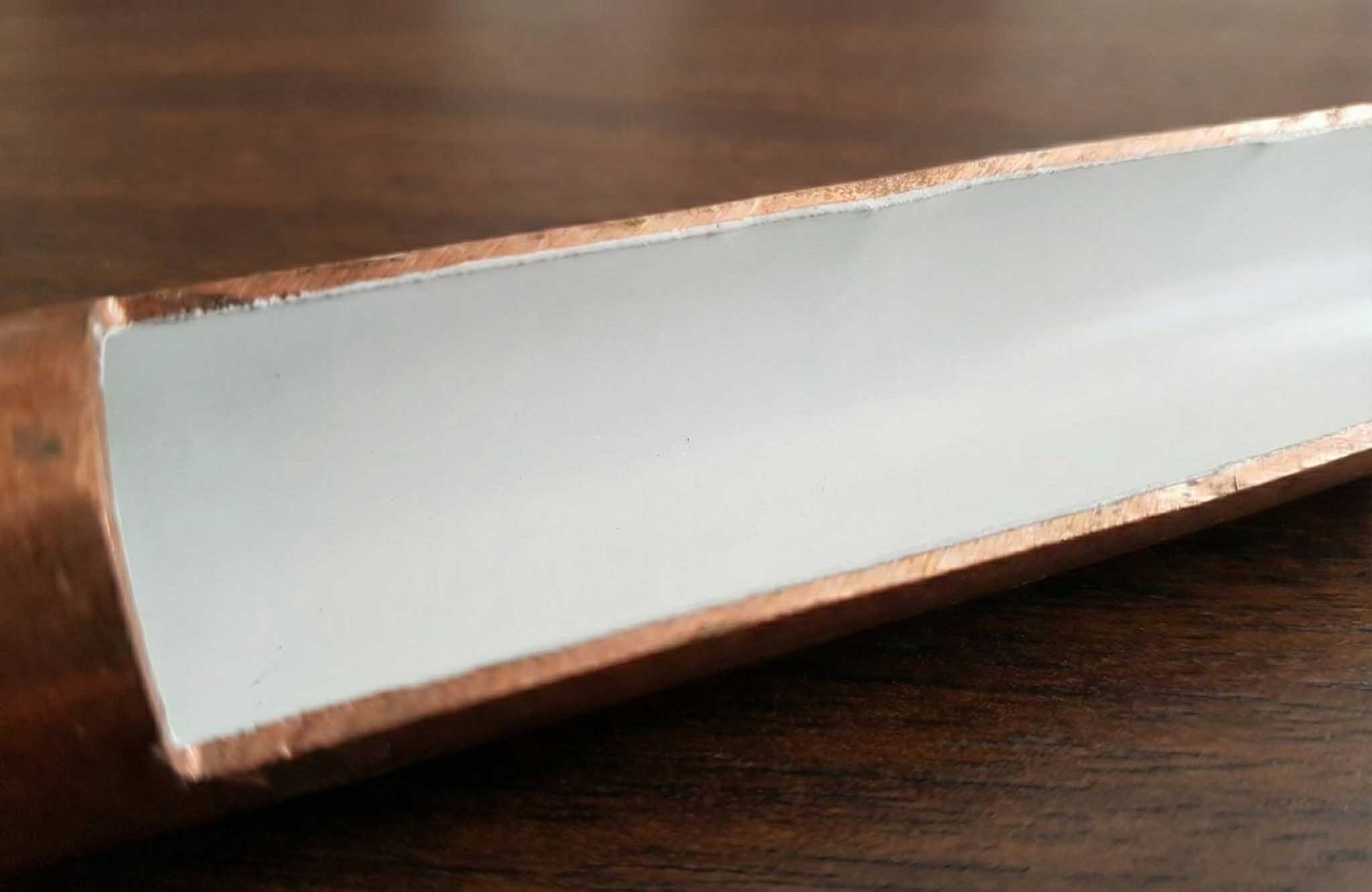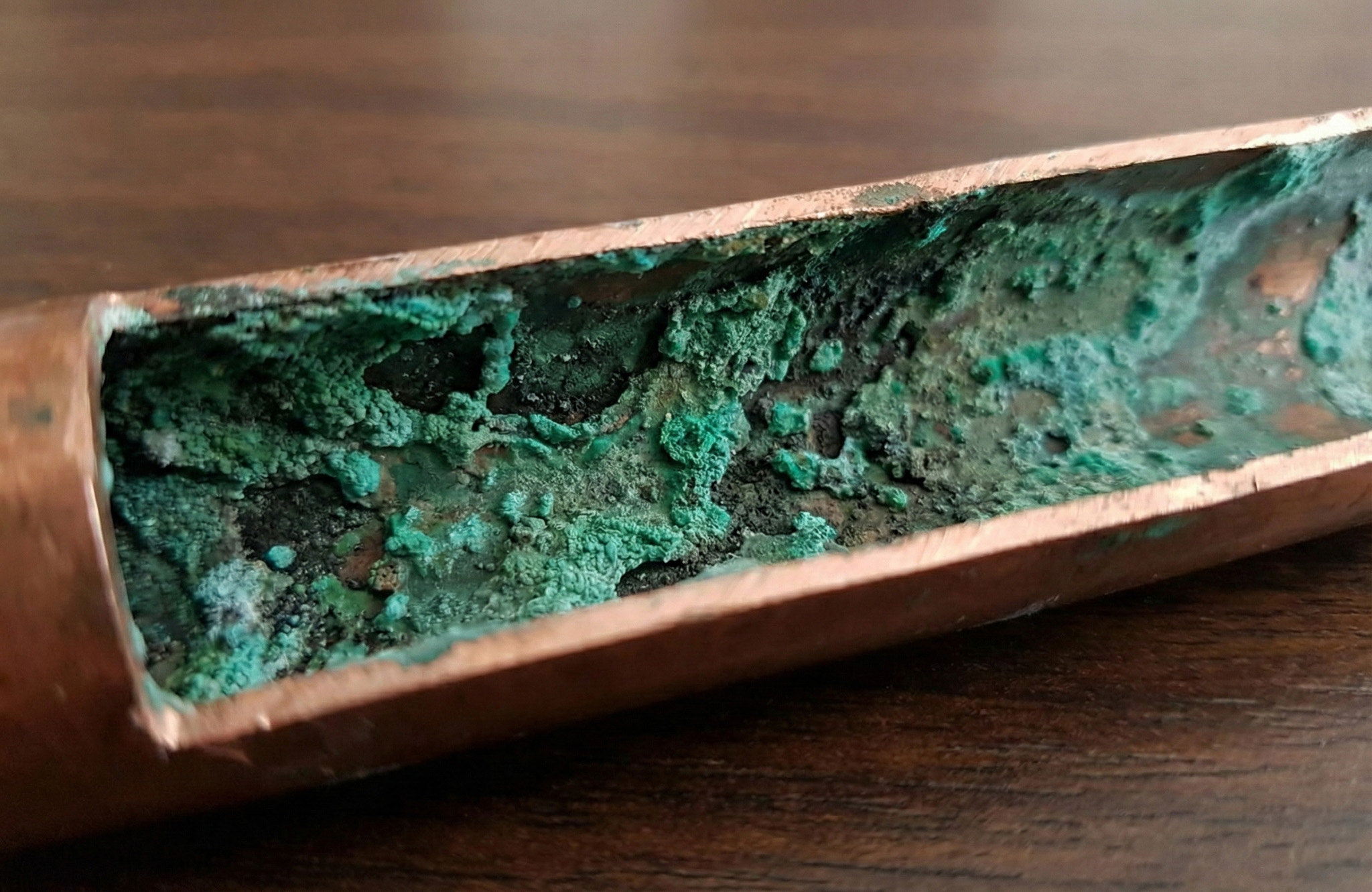
Pipe Leaks Are More Than a Plumbing Problem
A single pinhole leak can trigger a chain reaction of damage, cost, and disruption across your entire property.
Water Damage & Mold
A single pinhole leak can cause thousands in hidden damage — saturated drywall, warped flooring, and toxic mold growth behind walls. By the time you see it, the damage is done.
The Repair Treadmill
Fixing leaks one at a time doesn't fix the problem. If one pipe is corroding, the rest of your system is too. You'll keep paying for repairs that never end.
Tenant & Guest Disruption
Every leak means water shutdowns, unit access, displaced residents, and frustrated tenants. It erodes trust and puts your property's reputation at risk.

$15K+
Average cost of water damage from a single undetected pinhole leak.
$15K+
Average cost of water damage from a single undetected pinhole leak.
How ANMAC Stops Pipe Leaks at the Source
A proven 3-step process that protects your plumbing from the inside out.
We start with a comprehensive evaluation of your plumbing system, water chemistry, and leak history. Every property is different — our treatment plan is designed around yours.
ANMAC introduces a food-grade, NSF-certified corrosion inhibitor into your water supply. As treated water flows through your pipes, it forms a thin protective coating on the internal pipe walls.
This coating acts as a barrier between your water and your pipes — stopping the corrosive contact that causes pinhole leaks. It also plugs developing micro-leaks before they break through.
See What's Happening Inside Your Pipes
Don't let corrosion and pipe leaks destroy your plumbing system. Our water treatment uses food grade, NSF certified compounds to create an internal protective coating inside the pipe that stops leaks in their tracks.
Recognized as safe and effective by the EPA, NACE, AWWA, WQA, and more.


Trusted, Certified, Compliant
All ANMAC treatment products are NSF certified and food-grade. Our systems and compounds meet the highest standards for use in potable water systems.
Protecting Properties of Every Type
Our pipe leak solutions are engineered for properties where plumbing performance is critical.
Apartments & Multifamily
Reduce leak-related maintenance and keep residents happy.
HOAs & Condos
Protect shared plumbing infrastructure and avoid special assessments.
Hotels & Hospitality
Prevent disruptions that impact guest experience and reviews.
Commercial Buildings
Safeguard your investment and avoid costly emergency repairs.
What Property Managers Are Saying
"We have had zero pinhole leaks since the system was installed. Just prior we had 3 within a six week period."
"The leaks have drastically improved. We were having 4-5 per month and now we haven't had any."
